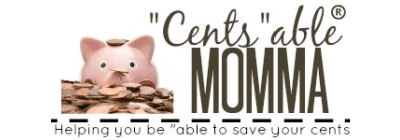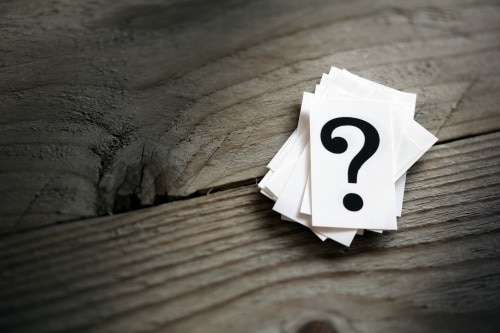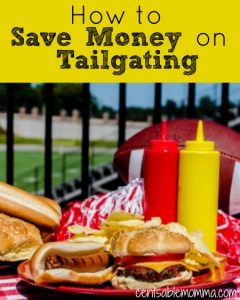Each week, I plan on featuring a reader question. I'll try to answer it, and then I'll open it up to readers to answer in the comments.
Debbie writes:
Who “pays” for double coupons? I always thought it was a store promotion and therefore the store “pays” for it. If that is the case, then why do some coupons say, "Do Not Double"? 99.9% of the time the coupon doubles automatically, but I do get the one cashier that manually inputs the coupons when they see do not double on it. Also, if the store pays for it then why not double them as long it meets the right criteria?
You're right, the stores do pay for double coupons. The manufacturer will reimburse the store for the the coupon value, plus a few cents as a handling fee. Anything that the store deducts from your order total above and beyond the coupon value and handling fee is paid for by the store.
Many stores will offer double coupons as a promotional effort to attract shoppers, because of competition in the area. For example, in my area both Kroger and Meijer double coupons up to $0.50. However, on the other side of the state, Meijer does not have as much competition, so they do not double coupons.
When a coupon states, "Do Not Double", the manufacturer is making it clear to the stores that they will only pay for the original value of the coupon. It is the store's responsibility to pay the rest.
If you look at the far left of the bar code on the coupon, you will see either a 5 or a 9. If it's a 9, the coupon will not double automatically unless the cashier manually doubles it. However, if the coupon starts with a 5, it will automatically double (if within the double coupon limits) and the cashier will have to manually adjust the doubling if the coupon says, "Do Not Double".
From what I understand, it's up to the store (or cashier's) discretion whether to manually adjust the double amount. It can be very frustrating to not know ahead of time exactly how much you will be paying for an item, since it depends on the cashier. There are some items that I may not have purchased if I had known the coupon was not going to double.
I hope that helps! If anyone has more to add on the topic, please feel free to leave a comment.
Do you have a question that you'd like to see answered in a future Ask the Reader post? Please contact me!








Cheryl
Great post--very informative. I never knew that about the 9 or the 5. Usually if it is a store coupon than I noticed it will not double.
EastCoastShopper
"When a coupon states, “Do Not Double”, the manufacturer is making it clear to the stores that they will only pay for the original value of the coupon. It is the store’s responsibility to pay the rest."
This is the explanation offered everywhere but I don't find it explains very much at all. The manufacturer supposedly never picks up the tab on anything more than the original amount of the coupon plus 8 cents handling so I don't know why they'd give instructions on what's between the store and the customer. The real terms of reimbursement is in the fine print of the coupon anyway. The only use I see for the DND label is for the store to get out of their own policy.